With the EP elections coming up, there will be a new leadership and a new College of Commissioners in the European Commission. Why was it necessary to replace the existing €18 billion package with the €50 billion aid to Ukraine before the elections?
The reason is simple. The current macro-financing program was planned until the end of 2023. Consequently, a new package was needed, and at the same time, member states have made multiple decisions at top level that the European Union should continue to support Ukraine. On the one hand, the financial contribution enables Ukraine to continue the war, and covers war costs and arms supply elements, and on the other hand financial aid is needed simply to keep the Ukrainian state functioning. In the meantime, a process has started with international cooperation, which is about reconstruction. The European Union has made pledges regarding Ukraine's reconstruction, and this has also made it necessary for us to create the financial resource, in concrete terms, in accordance with the commitments.
Brussels Requires Detailed Reform Plan From Kyiv
When the EU extends support to Ukraine, it expects reforms in return, Oliver Varhelyi told Magyar Nemzet in an interview. One priority for Kyiv is the adoption of EU rules, which includes addressing ethnic minority rights, the commissioner for enlargement and neighborhood policy said. The commissioner also spoke about migration, EU funds and the UN Relief and Works Agency for Palestine Refugees (UNRWA).
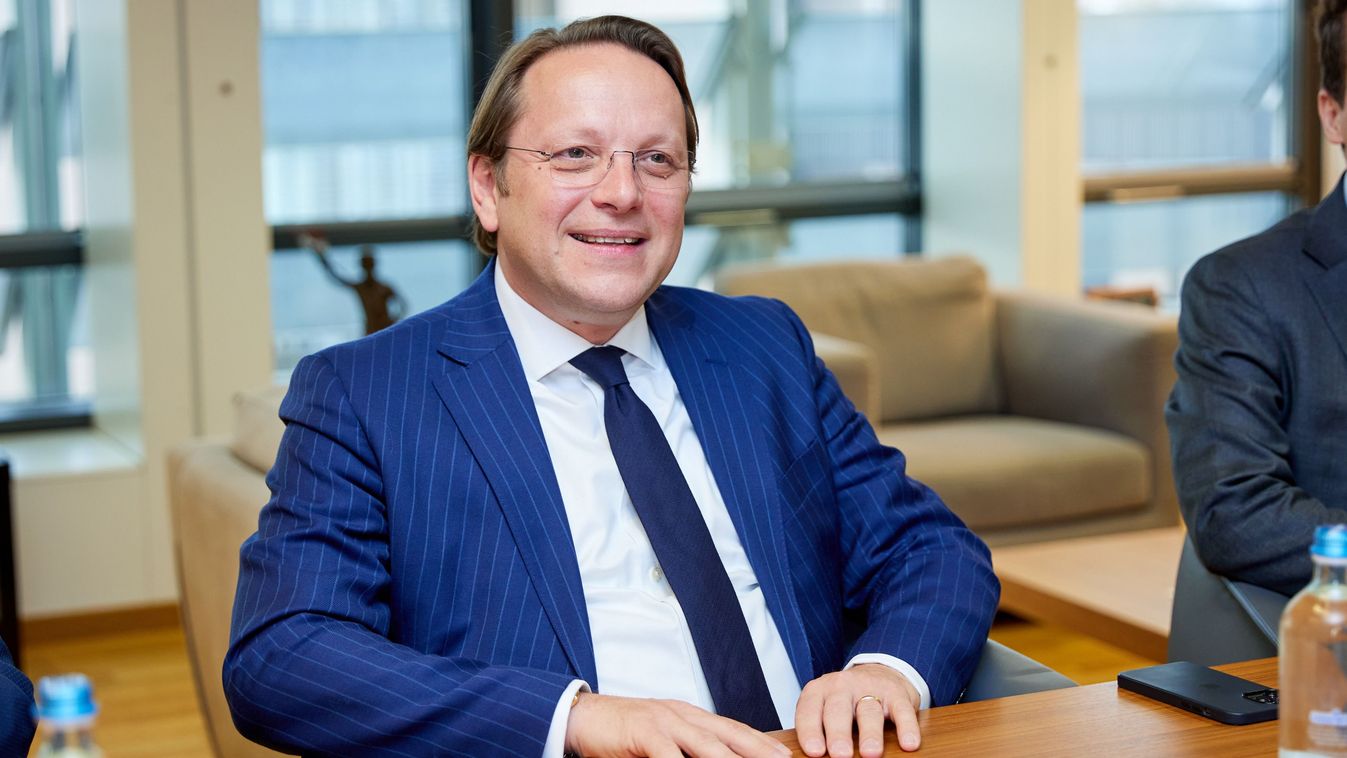
At the February European Council meeting, a compromise was reached so that the approved aid is not a blank check. What instruments will the European Commission have to monitor the spending of the approved amount.
This is a completely new financial instrument, which includes several aspects. Most importantly, when the European Union extends assistance to Ukraine, it expects certain reforms in return. This is also a way of helping Ukraine, as a candidate country, to adopt EU rules as quickly as possible. In practice, this is based on three pillars. The first pertains to how the reconstruction and reform process take place. The second pillar concerns how we can mobilize the private sector to invest in Ukraine, thus helping to rebuild. And the third is about how we can help with working out programs and how we can check the use of the money. It is very important to underline that this new financial instrument is also unique in the sense that it sets very clear and unambiguous conditions. It explicitly requires Ukraine to draw up a national reform plan which sets out and explains in detail how and in what way the country will meet the conditions required by its EU candidacy and how it will be 'European' when the country is rebuilt. In other words, how Ukraine will transform its social and economic structure to fully meet EU requirements.
In terms of social restructuring and the legal environment, is it a condition to address ethnic minority rights?
That's right. What will happen in practice is that Ukraine will have to present a national reform plan, very much like what EU member states did for Next Generation EU. This national reform plan must include all the areas where the European Union established that improvements are required The enlargement report is quite clear in this respect.
One such area covers minority issues, but there is, for example, the fight against corruption, combating organized crime and countless other areas where significant measures are required.
On this basis, Ukraine must work out a plan detailing specific tasks with an annual breakdown. This is submitted to the Commission for approval and then it is presented to the member states in the Council. The member states will approve disbursements to Ukraine on a quarterly basis. Ensuring the rights of ethnic minorities is very clearly and explicitly included in the general eligibility criteria.
It's also a condition for the receipt of funding, so there's quite strict conditionality all the way through, in line with the European Council decision.
There is a general view that the Western Balkans are slipping out of focus because of Ukraine. Do you think these fears are justified?
Obviously, the media mainly puts the political focus on Ukraine because of the war, so perhaps the commitment the European Union has made regarding the Western Balkans is less visible in the media. The European Council decided not only on the necessary aid to Ukraine, but also on a substantial additional resource for the Western Balkans. As we want to speed up the accession of the Western Balkans, the European Council has created a new financial instrument, as proposed by the Commission, to the tune of €6 billion.
The idea is that we want the Western Balkans to be able to join the European Union's life in as many areas as possible before they actually become members. So we would like to move ahead with economic integration as soon as possible, and this, in particular, means accession to the European Union's internal market.
További IN ENGLISH híreink
However, this obviously requires reforms that are often costly, which is why we need to provide additional resources. The same expectations apply to them. To receive funding, they have to submit a plan to the European Commission with an annual breakdown. With this program, we can create a situation by the end of this financial period, by 2027, where we would be able to provide the Western Balkan countries with funds reaching ninety per cent of the intensity level that member states benefiting from the Cohesion and Structural Funds have. We would thus achieve a significant acceleration in reforms and integration in tandem. One example is the Single European Payments Area (SEPA), which means that citizens and companies in the member states can make financial transactions within the EU at exactly the same cost as if they did them in their own country. This has also driven down the cost of financial transactions in Europe steeply. If the Western Balkans were part of the SEPA, the investment climate would greatly improve, because at the moment, businesses incur substantial transaction costs. But equally important for the Western Balkans are the bank transfers that Western Balkan citizens working in the European Union make every month. A significant saving could be achieved there immediately and tangibly. This is what we are working on now and I hope that this will be the first area where the Western Balkan countries can perceive that they have entered into the EU market.
In summary, the Western Balkans are not forgotten, despite the fact that they receive somewhat less attention. They are making serious progress and have been waiting for a long time. It is high time for us to catch up so that progress can be palpable for citizens and businesses.
The budget under your oversight has been increased several times, with two billion euros for migration and border management and 7.6 billion euros for the neighborhood and the world heading. What is the Commission's aim with these amounts and how does the term migration and border management differ from, say, halting migration?
This is essentially semantics, it's nothing new. I have been trying to resolve this since the beginning of my term by filling it with real content.
Border protection was not an issue for the previous Commission. That's why it was not addressed. My starting point was that the protection of European borders does not end at Europe's external borders. We will only be able to protect our borders and decide for ourselves who can enter the European Union if our southern neighborhood and the Western Balkans are also able to do so.
That's why we help them. This was a major change of approach. It is clear that the member states are also adopting this position, and that's why they are providing additional resources to help strengthen border protection in third countries. Obviously, it is not human smugglers who should decide who can enter the territory of the European Union, and it would be good if this were not up to them. It is also clear that we need to work with our neighbors, whether in the Balkans or with our southern neighbors, to crack down on these now highly organised people smuggling networks. We are also getting additional resources for this. At the same time, the reality is that southern neighborhood countries face significant economic challenges. If we look at Egypt alone, the country is struggling with its third or fourth crisis under my term, because it is directly affected by both the crisis in Gaza and the crisis unfolding in the Red Sea. In the midst of these crises, Egypt is also providing for a large mass of migrants on its territory.
Consequently, if Europe is serious about its own security, it must be serious about the security of its neighbors. And this means that Europe must help in border protection there, and also assist in building the economy.
The renewed partnership with Morocco and Tunisia are therefore very important, and I hope that a similar partnership will be developed with Egypt soon. Perhaps it will take only a few weeks before we can make a major announcement. The additional resources are a proof that this new approach that I have been trying to promote is now endorsed EU leaders. The purpose of these resources is to address migration and its external dimensions. So, going beyond semantics, I think we should look at what these funds are allocated for.
If I look at the debates that took place five years ago, I can say that the European Commission's terminology of that time is a thing of the past.
We are moving much closer to the position of those member states that focused primarily on border protection at the time.
Speaking about the external dimensions of migration, Turkiye must be touched on. An EU-Turkiye plan was in the pipeline in cooperation with the European External Action Service (EEAS), but this has not been accomplished yet. What constitutes Turkiye's priority role for Europe?
Additional resources have also been allocated for Turkiye. I very much hope that that the reason why this debate has not taken place yet - although we proposed it last November - is because this allocation was not in place.
További IN ENGLISH híreink
It is certain that confirming our proposal, the European Council now also believes that cooperation with Turkey in the field of migration should be continued on the basis of the previous approach.
I do hope that it will take only days before the approval of the other elements in this proposal, as Turkiye's role is clear. We can also see this in the context of regional conflicts. Turkiye is directly affected by both. We are talking about one of the countries with the most serious military forces in NATO and the Customs Union also shows how integrated the Turkish and European economies have become. Our interdependence certainly makes it necessary to try to pursue a much more serious, deeper and more positive agenda in European-Turkish relations.
Allegations have emerged that some members of the United Nations Relief and Works Agency for Palestine Refugees (UNRWA) may have links to terrorist organisations. You have consistently urged a review. Why is there resistance, in particular from Josep Borrell, the High Representative of the European Union for Foreign Affairs and Security Policy, to defunding until the review is completed?
I'm not sure I can explain the personal motivations of High Representative Josep Borrell, but the Commission's vision is clear. There is an institutional peculiarity here: the High Representative is both the High Representative of the Council and Commission Vice-President. This institutional structure does not exclude the possibility of misunderstandings, at least for outside observers. But the bottom line is that the Commission's position is clear and unambiguous.
That is why, after the terrorist attack on October 7, we ordered without delay a review of all development funds, because it could not be ruled out with a high degree of certainty that things that were subsequently discovered in relation to UNRWA had happened.
We also looked at UNRWA's activities and asked for a statement on the issues. The Commission then concluded that no EU funds had fallen into the wrong hands. Then some news came out. We are now at the point where the Commission says that before we can renegotiate how we can work with the organization, we demand a full institutional and staff audit. We would like this audit to be carried out, but by third parties with appropriate credibility and not by the organization itself. The UN Secretary-General has invited several agencies to do the investigation, and we would like to propose our own choice.
The investigation must also establish whether or not any other employees participated in or lent support to the attacks on October 7. This is the minimum, which should be self-evident to anyone.
Obviously, we cannot forget the humanitarian emergency that the people of Gaza are facing, so the delivery of humanitarian aid must continue, but there are ways to do that without UNRWA.
Cover photo: EU Commissioner for Neighborhood and Enlargement Oliver Varhelyi (Photo: European Union)
Komment
Összesen 0 komment
A kommentek nem szerkesztett tartalmak, tartalmuk a szerzőjük álláspontját tükrözi. Mielőtt hozzászólna, kérjük, olvassa el a kommentszabályzatot.
A téma legfrissebb hírei
Tovább az összes cikkhez
PM Orban: Ukraine Wants Chaos, but Hungary Cannot Be Blackmailed + Video
Anyone who wants to break us will have their hands full, Hungary's Prime Minister Viktor Orban declared at an anti-war rally in Bekescsaba.

Hungary FM: Master Good Expansion to Create 600 New Jobs
According to the Minister of Foreign Affairs and Trade, small and medium-sized enterprises will also benefit from the investment.

PM Orban: New Initiatives Are Needed for Global Peace
Hungary's Prime Minister Viktor Orban shared photos on social media from the Board of Peace meeting in Washington.

Hungary FM: The Government Is Building Hungary’s Future on Its Children
The Minister of Foreign Affairs and Trade attended a conference on education in Demecser.
Ne maradjon le a Magyar Nemzet legjobb írásairól, olvassa őket minden nap!
- Iratkozzon fel hírlevelünkre
- Csatlakozzon hozzánk Facebookon és Twitteren
- Kövesse csatornáinkat Instagrammon, Videán, YouTube-on és RSS-en

Címoldalról ajánljuk
Tovább az összes cikkhez
PM Orban: Ukraine Wants Chaos, but Hungary Cannot Be Blackmailed + Video
Anyone who wants to break us will have their hands full, Hungary's Prime Minister Viktor Orban declared at an anti-war rally in Bekescsaba.

Hungary FM: Master Good Expansion to Create 600 New Jobs
According to the Minister of Foreign Affairs and Trade, small and medium-sized enterprises will also benefit from the investment.

PM Orban: New Initiatives Are Needed for Global Peace
Hungary's Prime Minister Viktor Orban shared photos on social media from the Board of Peace meeting in Washington.

Hungary FM: The Government Is Building Hungary’s Future on Its Children
The Minister of Foreign Affairs and Trade attended a conference on education in Demecser.
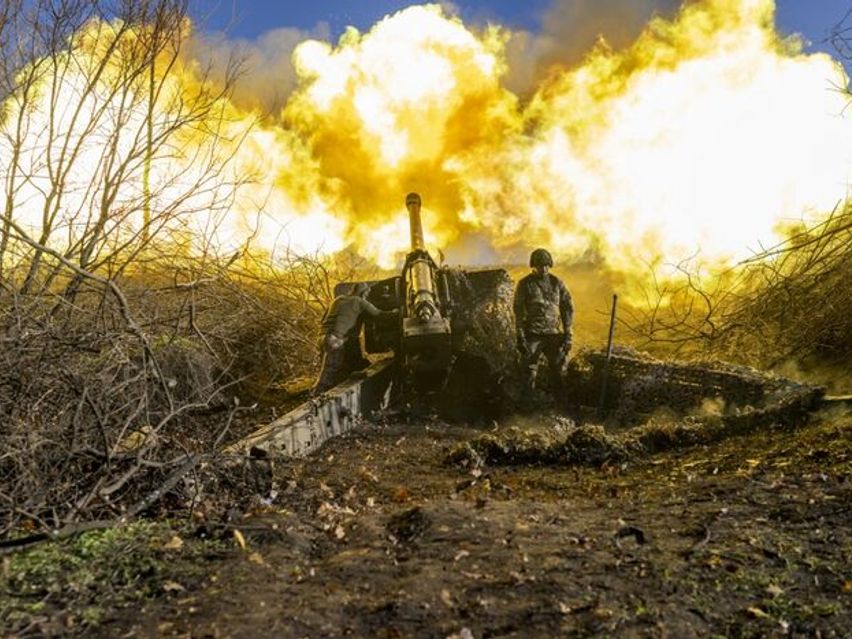
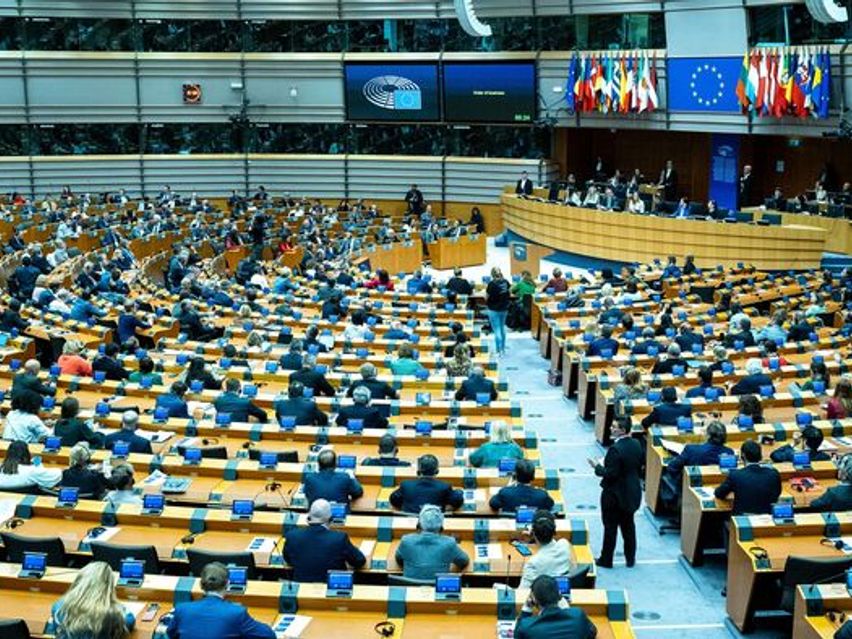

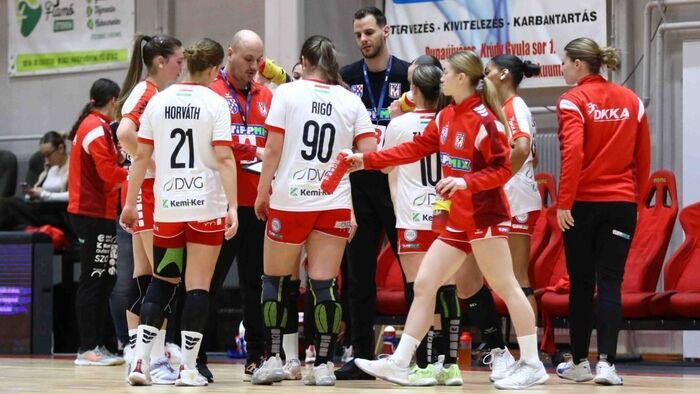



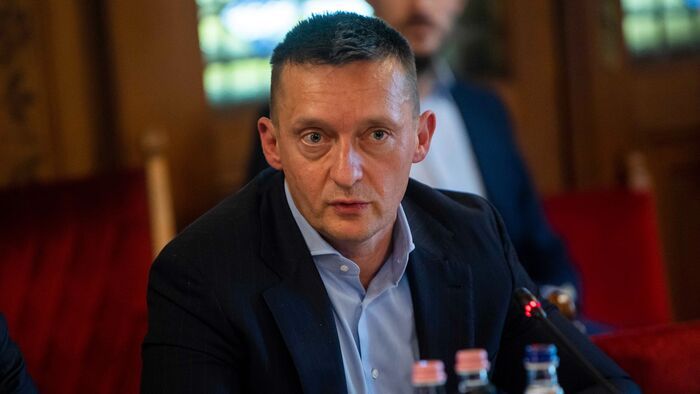

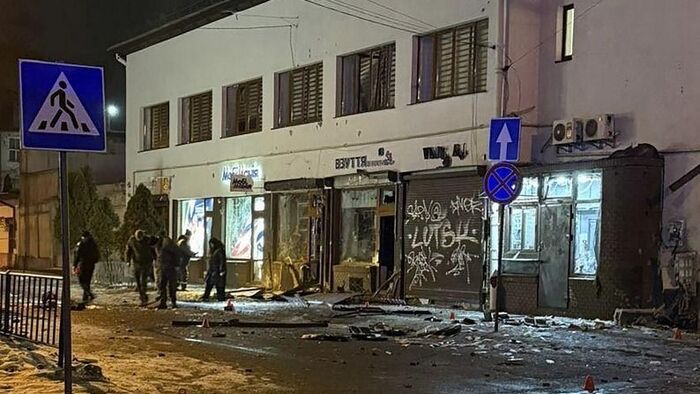
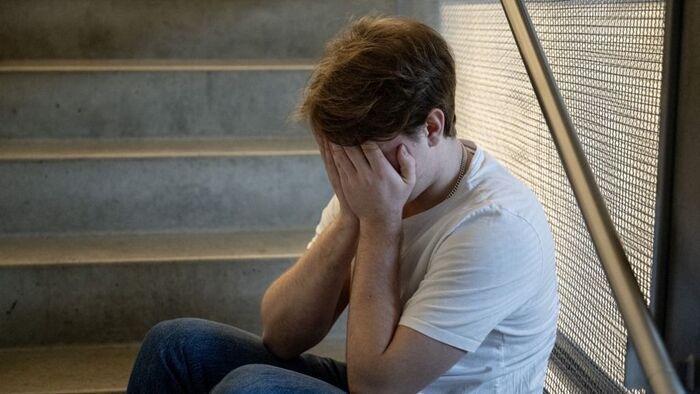
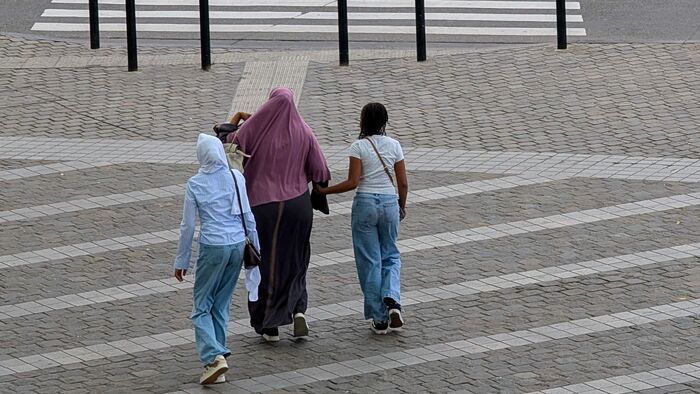

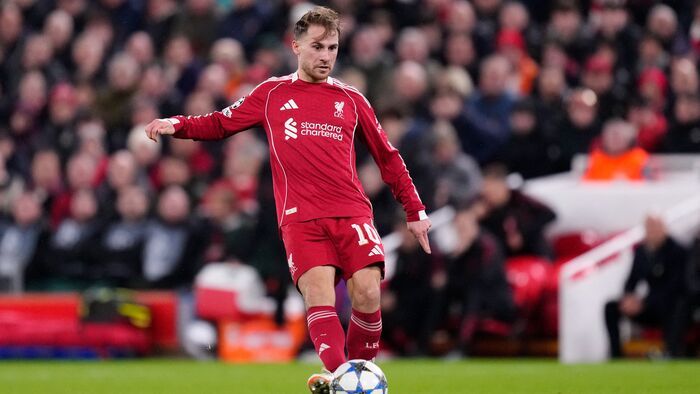



Szóljon hozzá!
Jelenleg csak a hozzászólások egy kis részét látja. Hozzászóláshoz és a további kommentek megtekintéséhez lépjen be, vagy regisztráljon!